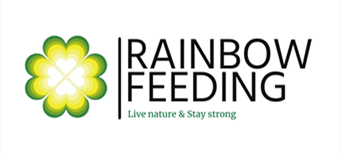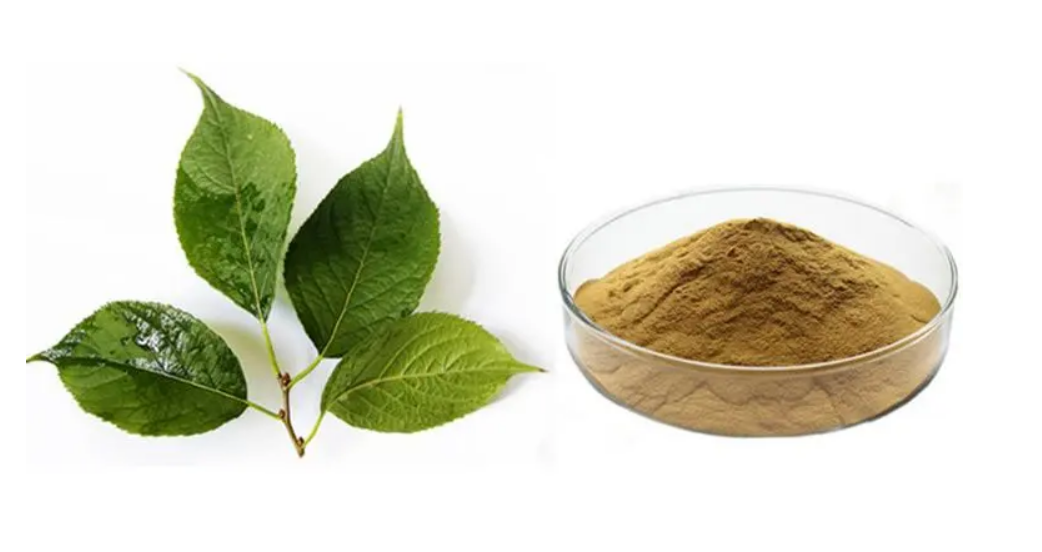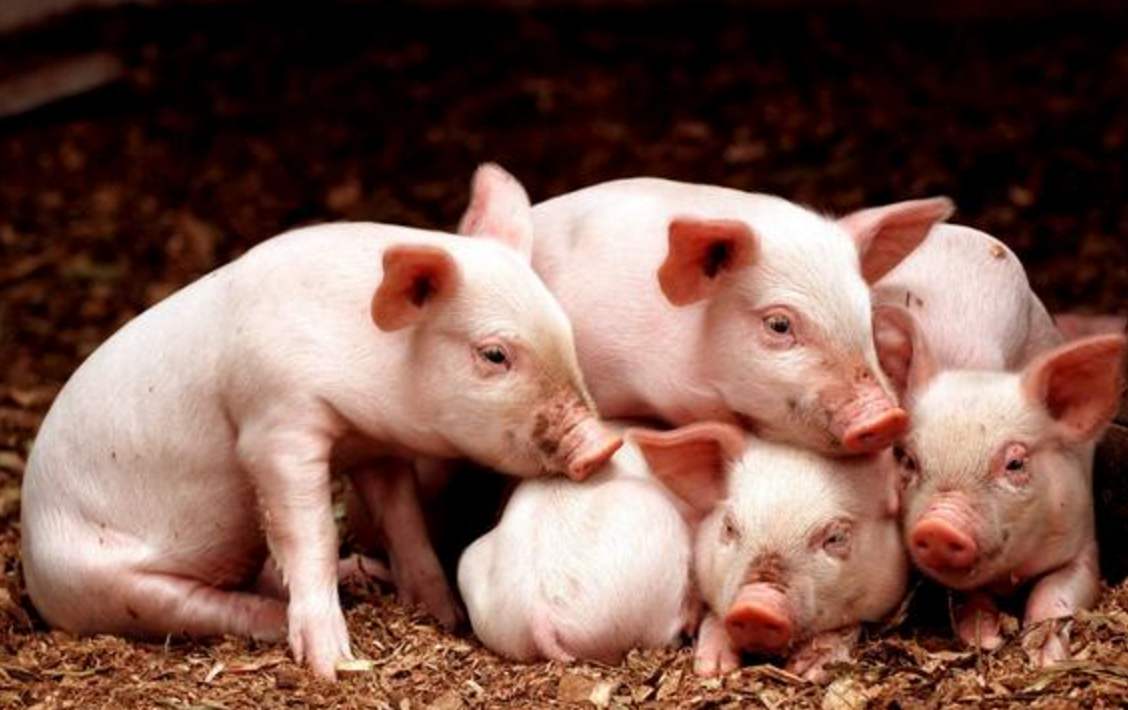An Essential Ingredients For Optimizing Poultry Production: Chlorogenic Acid
Chlorogenic acids (CGAs) are one of the major groups of hydroxycinnamic acids that are widely distributed in fruits and vegetables, as well as coffee beans, particularly abundant in kiwi fruit, coffee beans, honeysuckle, betel, and eucommia leaves. It has been observed to have phytochemical and nutraceutical properties, including anti-oxidant, anti-inflammatory, and anti-obesity activity. They are considered to be effective antimicrobial agents, antioxidants, and prebiotics. The multifunctional nature of chlorogenic acid makes it a good candidate for the formulation of dietary supplements, functional foods and feeding additives. In this article, we will explore the benefits of using chlorogenic acid as a feed additive in poultry production, discuss its role in promoting growth and egg production, and address any concerns regarding the ideal amounts and potential adverse effects. The presence of bioactive compounds within chlorogenic acid exhibits a multitude of positive effects on various aspects of poultry production.
Improved Weight Gain
Chlorogenic acid is highly digestible and absorbed across the gastrointestinal tract of poultry. Upon ingestion, it gets metabolized and absorbed into the bloodstream, where it exerts its beneficial effects on the overall health and productivity of the birds. Its antioxidant properties help reduce oxidative stress in the gastrointestinal tract while promoting a healthy microbial population in the gut. This results in efficient nutrient absorption, ultimately leading to improved growth and performance.
Chlorogenic acid shows prebiotic activity. It stimulates the growth of probiotic bacteria, such as Bifidobacterium species and Lactobacillus species, in the gut. Incorporating chlorogenic acid into poultry diets has been shown to have a positive correlation with weight gain. Studies have demonstrated that birds receiving feed supplemented with chlorogenic acid exhibit increased body weights compared to those on a standard diet.
Reduced Feed Intake
Poultry fed with chlorogenic acid-supplemented diets has shown a decrease in feed intake without affecting weight gain. This results in improved feed conversion rates and a reduction in overall feed costs for producers.
Increased Egg Production and Quality
Chlorogenic acid has been linked to higher egg production rates in laying hens due to its estrogen-like activity. Additionally, it has a positive effect on egg quality, leading to enhanced shell strength and yolk color.
Improve Immune Function
The antioxidant and antimicrobial effects of chlorogenic acid contribute to a robust immune system in poultry, reducing the likelihood of disease and the need for antibiotic interventions. Chlorogenic acid can improve the immunity and stress ability of herbivores. When 20 mL dandelion chlorogenic acid extract was added to the diet of calves, the daily gain of calves at 19 to 34 days of age was significantly increased by 6.78%, and the serum IgM, IgG, IgA, IL-6 and IL-10 contents significantly enhanced the immunity of Yuan calves. The addition of 0.2% honeysuckle chlorogenic acid in the test found that the serum, liver and muscle antioxidant function of heat-stressed cattle increased, showing Chlorogenic acid can improve immune activity.
Potential Adverse Effects and Recommended Dosage
As with any feed additive, it is essential to consider any potential adverse effects when incorporating chlorogenic acid into poultry diets. While minimal side effects have been reported, high concentrations might cause digestive discomfort or interference with nutrient absorption. Consequently, it is crucial to adhere to recommended dosages determined by scientific research and expert opinion. Based on existing studies, it is recommended to include chlorogenic acid at a concentration of 0.1 – 0.5% in poultry diets to achieve optimum benefits. Producers should consult with a veterinary nutritionist to customize their strategy according to the specific needs of their flock.
In summary, the addition of chlorogenic acid as a feed additive in poultry production offers several advantages, including improved weight gain, reduced feed intake, increased egg production, and enhanced immune function. While chlorogenic acid has minimal adverse effects, it is essential to follow the recommended dosages to maintain productive and healthy poultry flocks.




